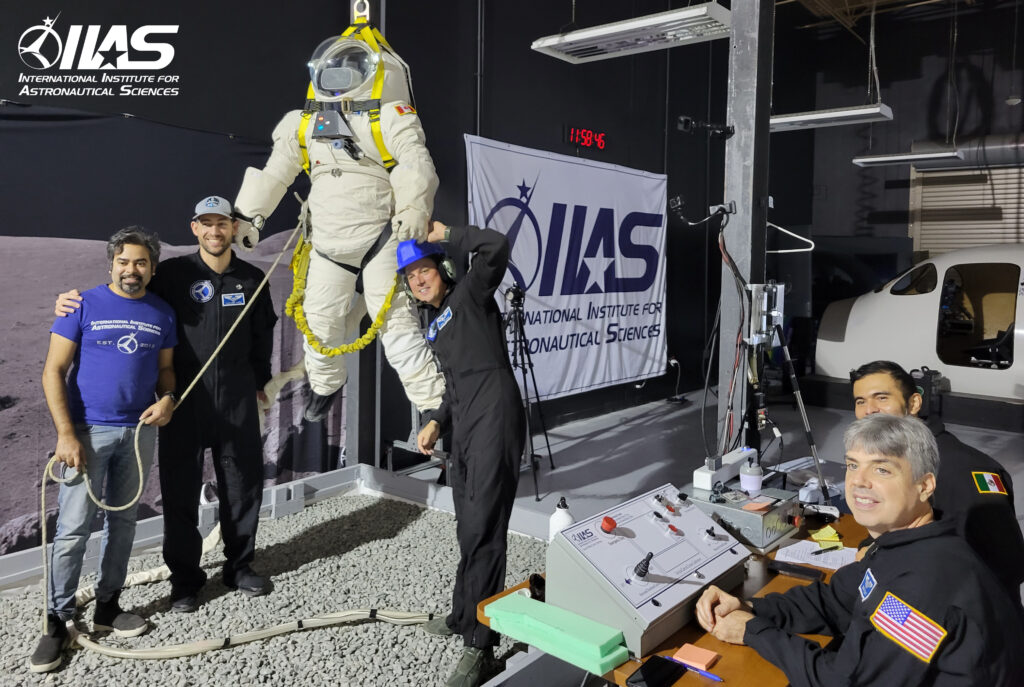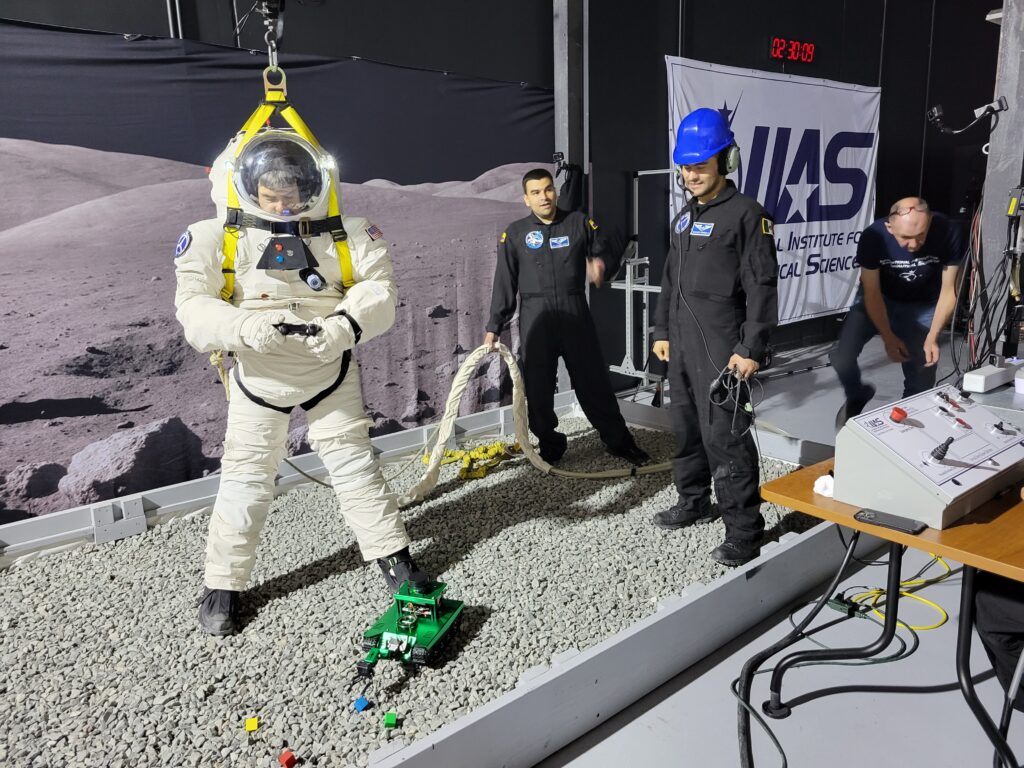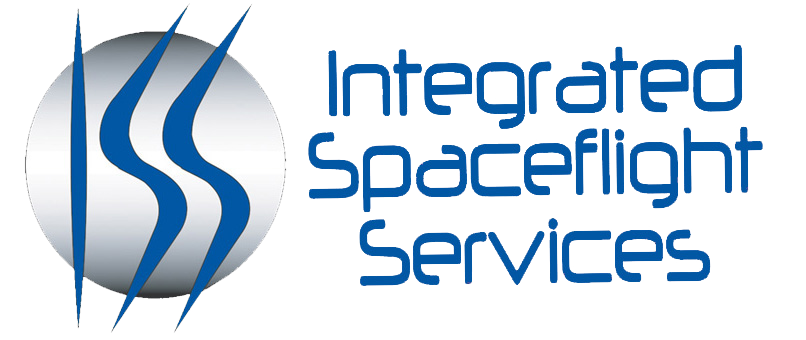ISS Reduced Gravity Flight Services
Integrated Spaceflight Services has experience integrating a wide range of payloads, specializing in human-tended flight research or flight research involving human subjects. Our pilots have 25 years of microgravity experience resulting in demonstrated microgravity quality within 20 milli-g’s and flights that are dedicated around the requirements of your experiment.
If you just need a fight, we streamline the payload integration and certi fication process to get your experiment ready for flight on the Falcon 20. Start by completing our online Payload Reference Document (PRD); our experienced PhD-level engineers have microgravity experience and will help you prepare your experiment for its Initial Compliance Check (ICC) prior to the fight quali fication, test, and integration process.
We Provide:
- Online Payload Reference Document (PRD) Submission
- FAA Certification of science and engineering payloads
- PhD-level assistance in payload certification and integration
- Internal Review Board (IRB) and aerospace medical services as needed
- Microgravity Flight Operations and Documentation
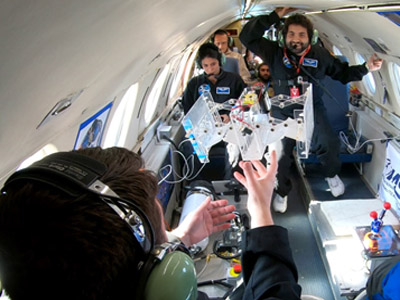
Falcon-20 Reduced Gravity Aircraft Capabilities:
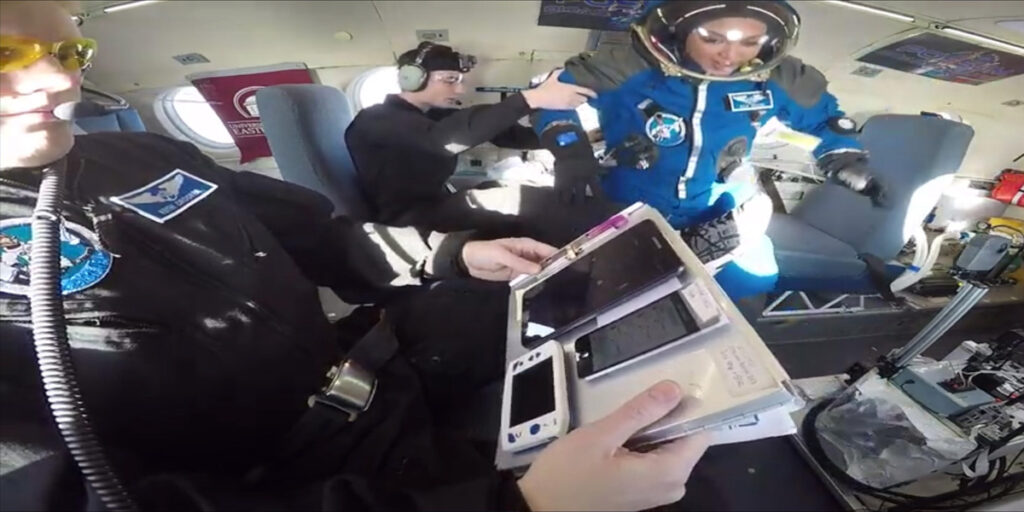
- Cabin volume 14.2 cubic meters (5.0 m x 1.5 m x 1.5 m (LWH)
- Flights support up to five researchers
- Each flight supports up to 32 parabolas
- Each parabola has at least 15 seconds of 0.02 g or less
- G-levels may be customized; experiment may be adjusted on request
- Aircraft performance data is sampled and recorded at 32 Hz
- Aircraft position: altitude, pitch, yaw
- Aircraft movement: airspeed, accelerations
- Cabin environment: temperature, pressure
- 16 channels available to record payload data synchronous with the aircraft data
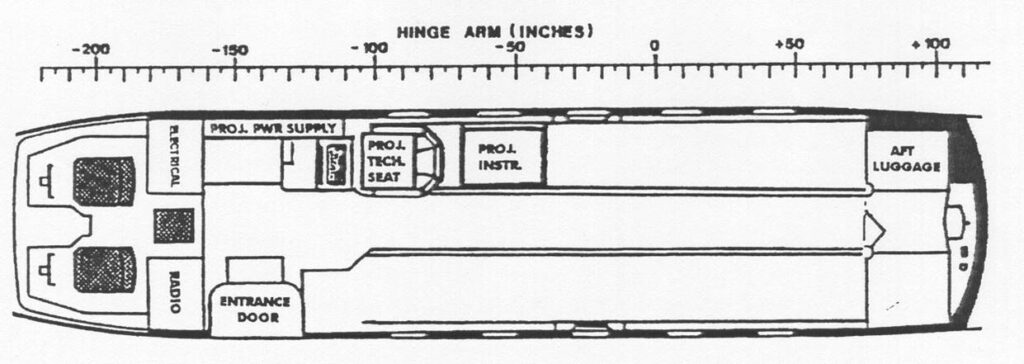
Plan your Reduced Gravity Flight Campaign:
Scheduling a Campaign: We typically arrange reduced gravity flight research campaigns each September and October, though we can accommodate other times if necessary.
Costs: Integrated Spaceflight Services offers very competitive rates and creative ways to manage costs. Because each experiment has unique integration requirements, cost estimates are provided upon submission of the Payload Reference Document.
Location: Campaigns are conducted in Ottawa International Airport in Ottawa, Ontario. In special cases, campaigns may be arranged elsewhere in Canada or the United States.
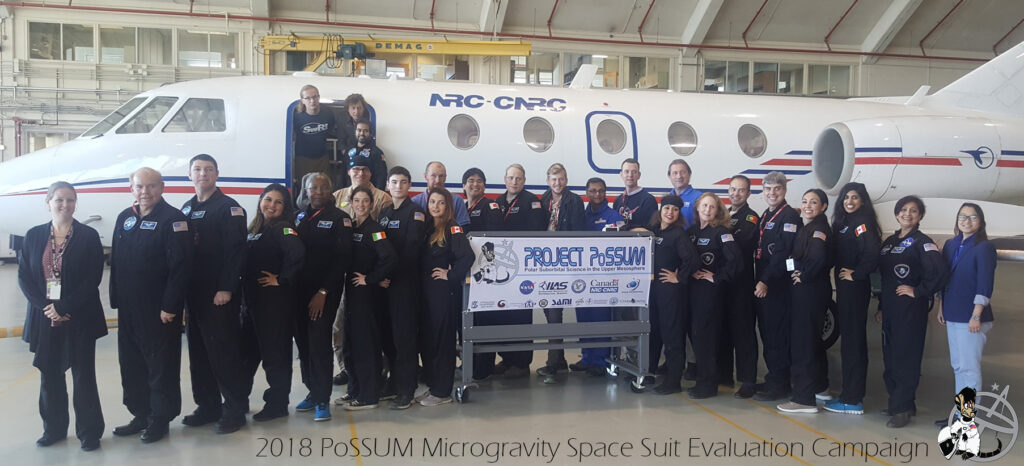
ISS Gravity-Offload Services
Integrated Spaceflight Services operates a two-axis gravity-offload system that is actively controlled, similar to NASA’s ARGOS system. It combines a hoist with active force control for vertical gravity-offset and a mechanically actuated, 8-meter axis for horizontal motion. The system is designed to be used to with human test subjects to evaluate human performance and EVA space suit functionality in lunar or Martian environments of partial gravity or in the simulation of zero gravity environments.
The ISS gravity-offload laboratory may also be used to evaluate rover technologies, lander designs, or EVA tools and techniques in a safe, analog environment. To date, a variety of geological and contingency medical tools have been evaluated in the laboratory, as well as several tools approximating those that would be useful on zero-G maintenance EVAs.
